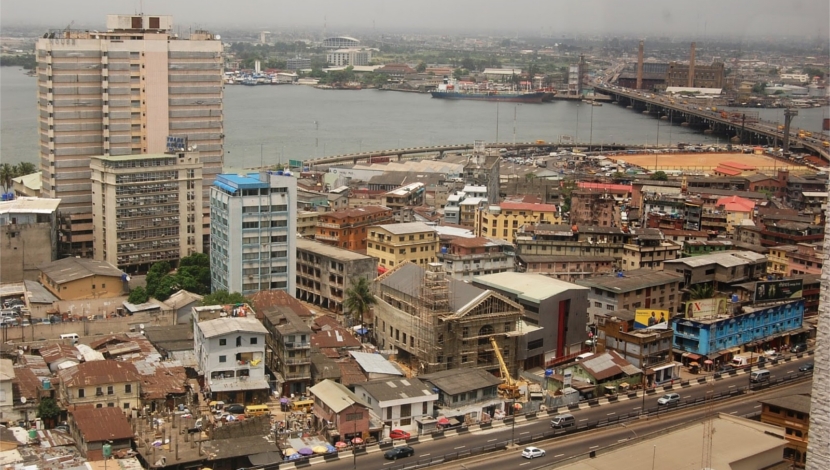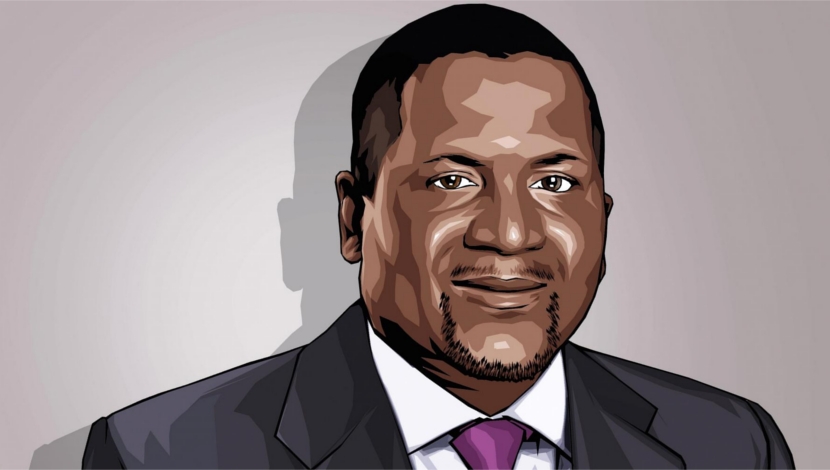

Nigerian cities are becoming new homes to rural migrants every day. As such, experts are now questioning the 17m estimated housing deficit in the country. According to a United Nations report Nigeria is also expected to overtake the United States to become the third most populous country in the world by 2050.
Furthermore, the revised National Housing Policy shows that the cumulative effect of the inability to meet the targets set for the housing provision over the years is the gross housing deficit in the country. According to the President of the Nigerian Institute of Quantity Surveyors (NIQS), Mercy Torkwase Iyortyer, the main challenge is addressing the situation as it is. This is more so since there is no reliable data for the correct figure.
Lack of standardized figures
The National President of Nigerian Institute of Town Planners (NITP), Luka Bunus Achi added that this discourages investors due to lack of clear statistics on the deficits in the housing sector. Achi noted that the people’s tendency to move from unaffordable areas to remote areas with affordable rent but poor amenities further worsens the problems of housing in Nigeria.
The Dean, Faculty of Environmental Sciences and member of the Nigerian Institution of Estate Surveyors and Valuers, Prof. Timothy Nubi faulted the figure. According to him, most houses without basic facilities in rural areas were not included in the housing deficit. Nubi urged the government to concentrate on urban regeneration in the next two decades. This, he said, is cheaper and faster.
President of the Nigerian Institute of Building (NIOB), Kenneth Nnabuife Nduka blamed unverified nation statistics for the false figures. The solution to this, he said is channeling funds to addressing the issue of mass housing.





